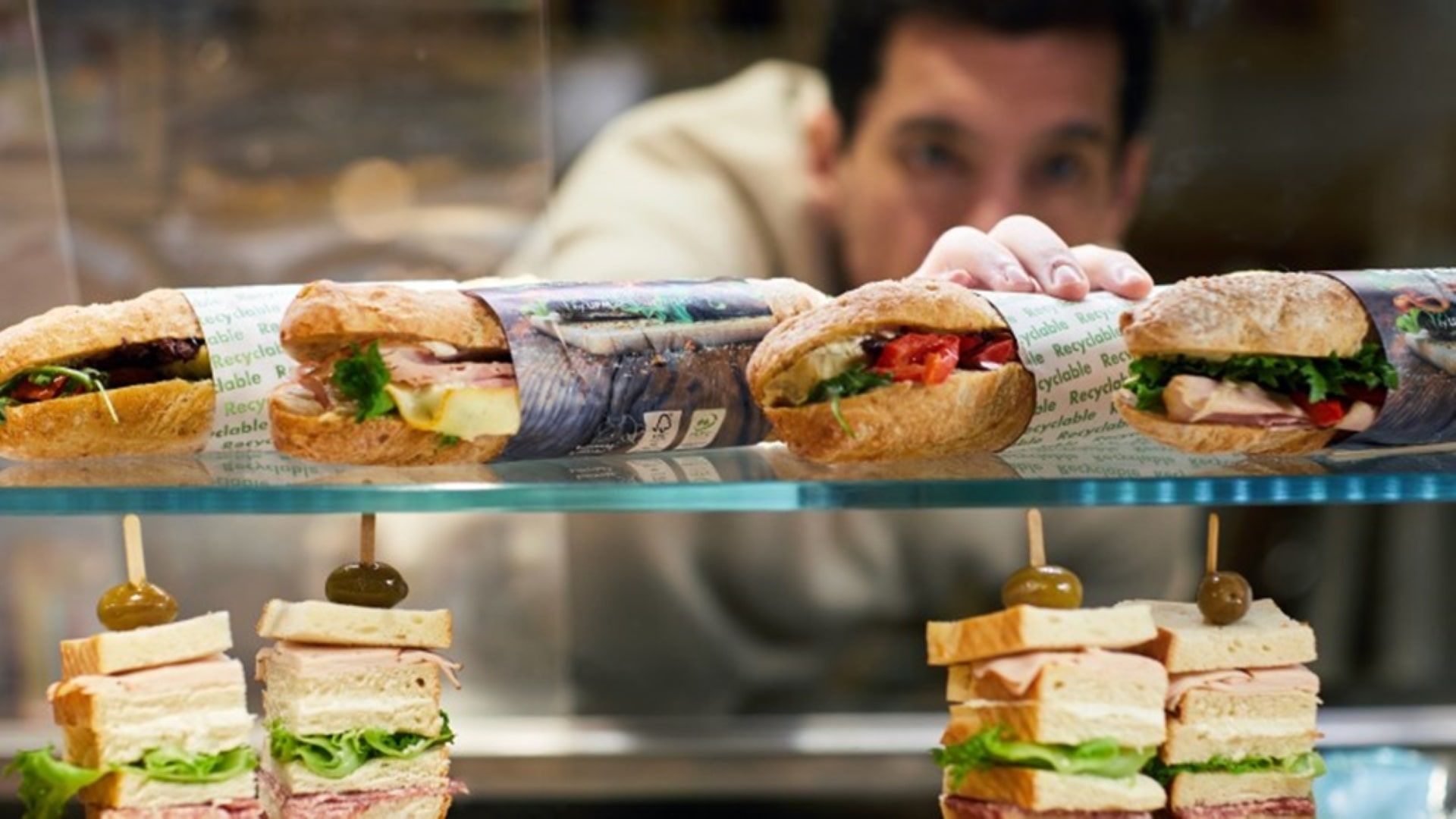
In a strategic move towards sustainable packaging solutions, UPM Specialty Papers now boasts a diverse selection of packaging papers explicitly designed for home composting.
The newly certified papers conform to the NFT51-800:2015 standard, with an additional certification as industrially compostable under EN13432:2000. The certified papers include:
- Barrier papers: UPM Prego and UPM Asendo.
- Coated one side papers: UPM FlexPack, UPM UniquePack, and UPM UniquePack Strong.
- Speciality kraft papers: UPM Solide Lucent.
Empowering sustainable choices
These fibre-based and recyclable packaging materials offer brand owners and converters a powerful tool to create home-compostable packaging solutions.
Susanna Hyrkäs, senior sustainability manager at UPM Specialty Papers, emphasised the importance of recycling but noted that compostability serves as a valuable alternative.
“Recycling should always be the first option to consider when possible. However, compostability is a good option when recycling of packaging papers is not possible due to food residues, for example. Compostability can also play a role when recycling infrastructure is limited.”
Compostability unveiled
Compostability involves breaking down compostable materials into nutrient-rich soil that is conducive to plant growth.
Notably, the distinction between home composting and industrial composting lies in temperature and timeline.
Home-compostable materials, under optimal conditions (20°C-30°C), biodegrade within 12 months and disintegrate within six months, yielding non-ecotoxic compost.
A step towards responsibility targets
Aligned with its 2030 responsibility targets, UPM emphasised a commitment to promoting a circular economy and sustainable product design.
Both recyclability and compostability play integral roles in ensuring a responsible end-of-life solution for its products.
Beyond packaging papers, UPM Specialty Papers extends its commitment to sustainability with a comprehensive range of industrially and home-compostable label papers.




